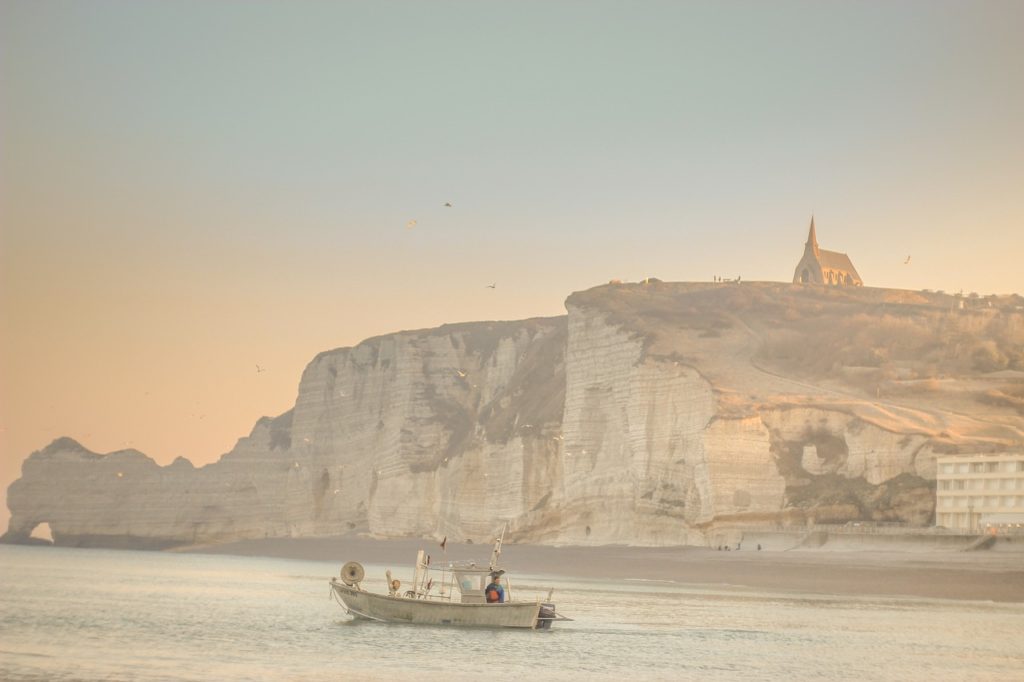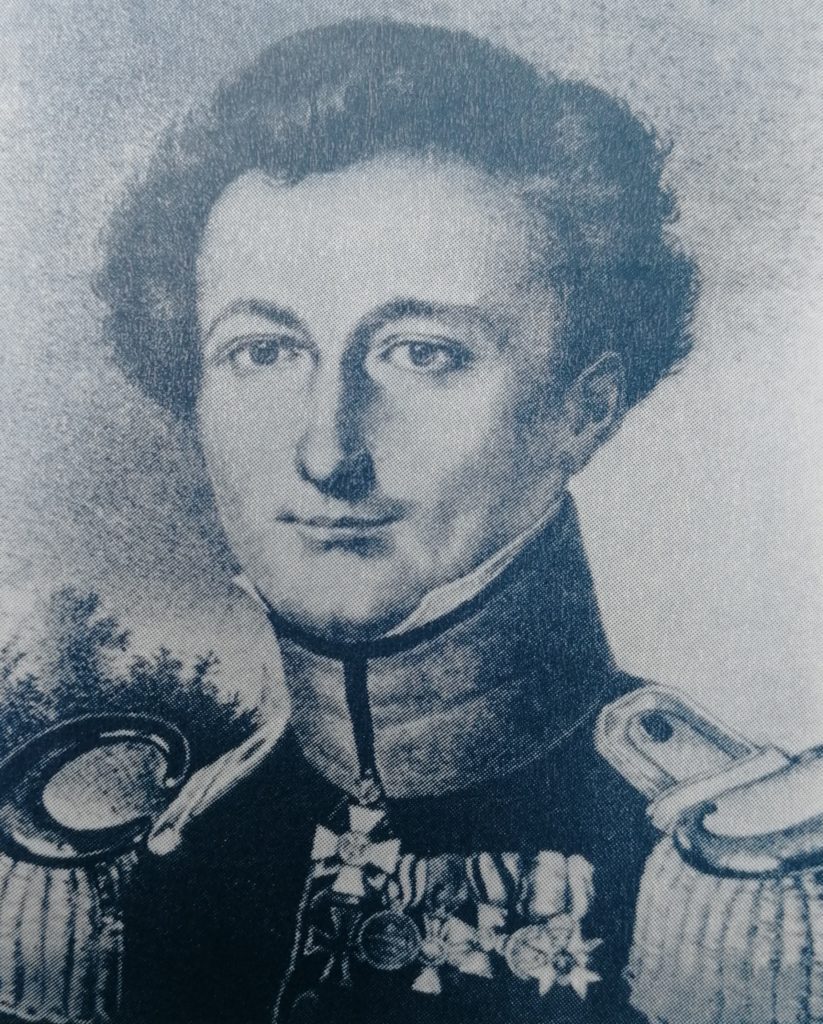France has the second largest Exclusive Economic Zone (EEZ) in the world. However, its fishing fleet is declining and its navy is regularly falling in the ranking of world navies. Does France have a real ambition for maritime power?
Despite the size of its EEZ, France does not seem to have the desire to be a maritime power.

Is France a maritime power? The mirage of space
The French EEZ is little developed, but not very valuable.
Strong potential
The French EEZ (200 miles around the French coast) is 11 million km 2. Polynesia alone has an EEZ of 4 million km2 . It is the 2nd largest in the world after that of the United States. Its maritime domain, even more extensive, is the 1st in the world. However, this area is not very coherent since it extends over the Atlantic, Pacific and Indian oceans.
NB the maritime domain of a country extends over an area of 350 miles around its coasts. Unlike the EEZ, the maritime domain does not include the water column, but only the soil and subsoil.
The sea: a primary, but also industrial, sector with high added value
The French maritime economy represents 300,000 direct jobs (for reference, the automobile sector represents 220,000). Naval Group and the Atlantic shipyards (3,000 employees) have strong technological and industrial know-how . In these times of deindustrialization , the maritime economy is therefore a key sector.
Few resources
However, this EEZ and this maritime domain contain few resources apart from fisheries resources. They contain little or no hydrocarbons: research in Guyana has been abandoned . Only scattered islands could contain oil. If it is likely that rare earths are found in the subsoil of the French maritime domain, their research and exploitation would represent a technical and financial challenge.
A fishing fleet in difficulty
The EEZ therefore only contains fishery resources. However, the French fishing fleet is in difficulty. Its boats are few and diminishing. Brittany was home to 3,000 fishing vessels in 1995, compared to 1,300 today. The boats are small, 80% are less than 12 m. They are also old, with an average age of 27 years. Maintenance is therefore expensive and profitability declines . The situation is even more difficult overseas. The entire Polynesian EEZ only allows the capture of 13,600 tonnes of fish per year, while the Fiji Islands alone catch 44,000 tonnes per year. In addition, this fishing is essentially coastal, it overexploits the coasts to the detriment of the open sea.
The size of its EEZ also creates difficulties in asserting France’s sovereignty.
A sovereignty difficult to assert
While the French maritime space could be a source of power, the difficulties of the French Navy in controlling it make it a reason for fragility.
Is France a maritime power? A national navy in decline
The French Navy has 120 ships of more than 100 tonnes . It ranks 7th in the world of navies , but the general trend is towards the development of naval forces everywhere in the world, except in Europe and the United States. It could therefore see itself caught up in the coming years, particularly by South Korea. In reality, the French navy lacks resources in relation to the area it has to control. For example, it only deploys 2 surveillance frigates per ocean . The United States Navy is 10 times larger in tonnage, while the two EEZs are approximately the same size.
However, the national navy has assets which rank it among the leading navies in the world despite its tonnage . Its ability to fight and resupply on the high seas, to project forces or its carrier group represent rare capabilities, the result of significant investments.
The distances cause difficulties in asserting France’s sovereignty over its maritime zone
Thus, the Clipperton Atoll, off the coast of Mexico, is only visited once a year by a vessel of the French Navy. The atoll is uninhabited, but has an airstrip, regularly used by drug traffickers with complete impunity.
France therefore sees its sovereignty called into question in places
Thus, the scattered islands are claimed by Madagascar, which is supported by the UN general assembly. However, the EEZ of these islands could contain oil, and in any case they make it possible to control the Mozambique Channel. As a result, they are almost all inhabited by a gendarme and military detachments are stationed there. These are the forces of sovereignty.
All this does not prevent certain successes in the fight against drug trafficking in the Antilles or against piracy . Thus, thanks to the European operation Atalanta, piracy off the coast of Somalia has almost disappeared.
The source of these difficulties is that France does not really have the desire to be a maritime power.
A lack of will
It is due to a lack of political will that the maritime space is transformed into a weakness instead of being a power multiplier.
No port strategy
Le Havre, the leading French container port, is only 56th in the world. In fact, one container in two destined for France does not pass through French ports. However, the 2018 national port strategy is limited to the merger of the ports of Paris, Le Havre and Rouen, and the rapprochement of Mediterranean ports. Édouard Philippe even declared in substance in 2018 that there was no real port strategy in France. The success of CMA-CGM, the 3rd maritime transport company in the world, should not overshadow the reality of the absence of a national strategy.
Weak investment in Marine Renewable Energy (MRE)
The vast French EEZ could be used for the development of MREs. However, there is little productive infrastructure, such as a few tidal farms or the Rance tidal power plant (which has a power of 57 MWatts, compared to 1 GW for a nuclear power plant). The rest is in the experimental stage. The State finances research through aid, to the tune of 3 million euros per year. MRE are the poor relation of renewable energies, which give priority to solar and wind power. The French ambition is to have a production of 100 MW in 2023. For comparison, Scotland already produces a power of 1 GW thanks to EMR.
A global disinterest
The sea is not a priority for France. Its issues were not the subject of any major speech by the president . The priority given to the construction of the new aircraft carrier, understandable in view of nuclear deterrence , shows that France sees above all in the sea an environment allowing the projection of power and the protection of its territory through deterrence . Effective control of its maritime space will remain problematic despite the planned entry into service of Oceanic Patrollers and Overseas Patrollers. Certainly, France has embarked on freedom of navigation operations (this involves navigating in contested waters) to assert its global role, but this is not enough to make it a maritime power.
This French distance from the sea has its roots in the long term . For a long time, the question of maritime power was posed in opposition to continental security. Unable to make an effort everywhere, France resolved its dilemma at the expense of the sea. Despite some successes, its navy was never able to compete with the Royal Navy .
*
France therefore does not give itself the means to be a great maritime power. France’s relative disinterest in the sea can be understood by the historical tension between the country’s security, which has long required giving priority to land forces, and its power, which is expressed on the seas.
The shift of the world towards Asia and the period of peace experienced by the European Union could change this paradigm, unless regular tensions in the East bring this French dilemma back into focus.

